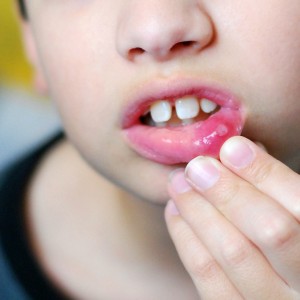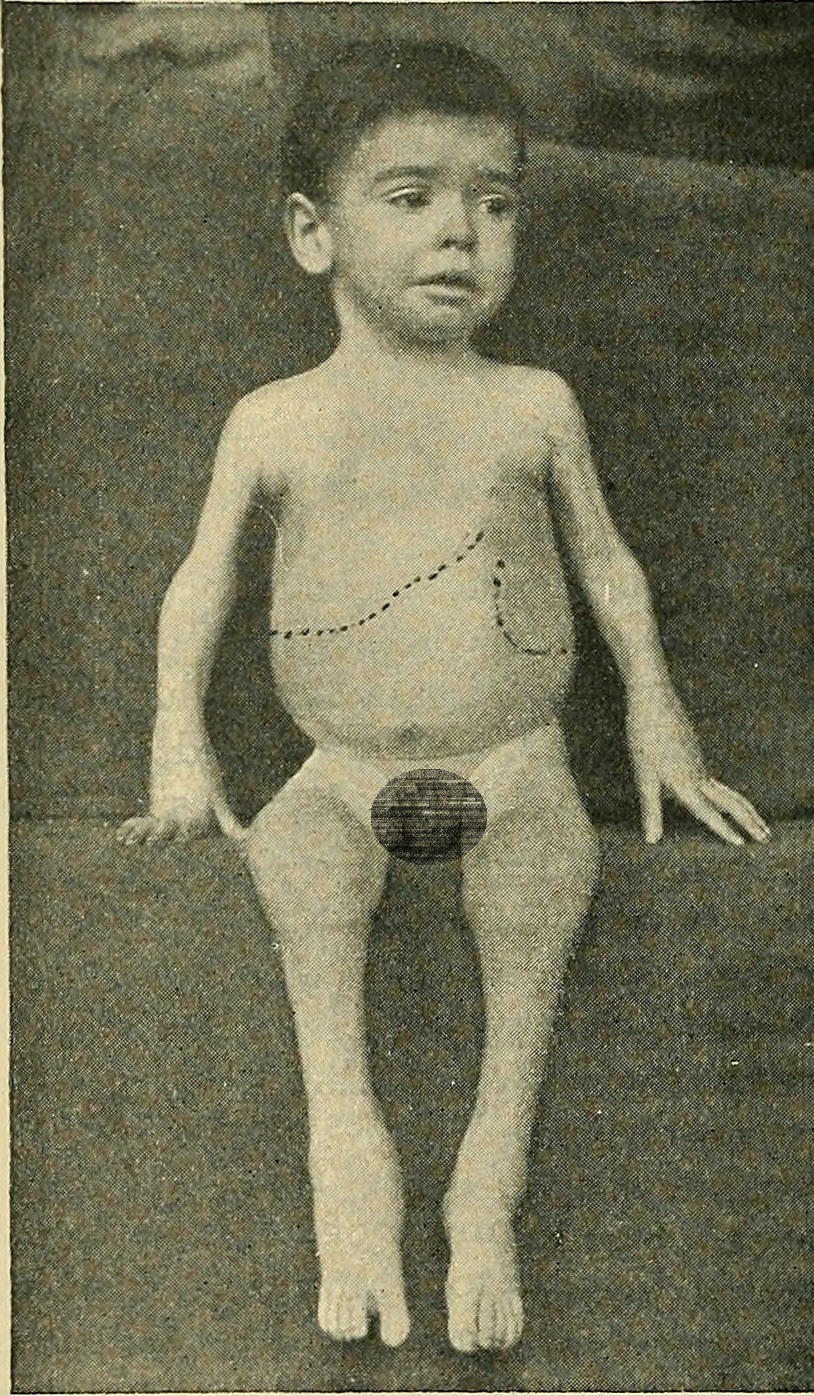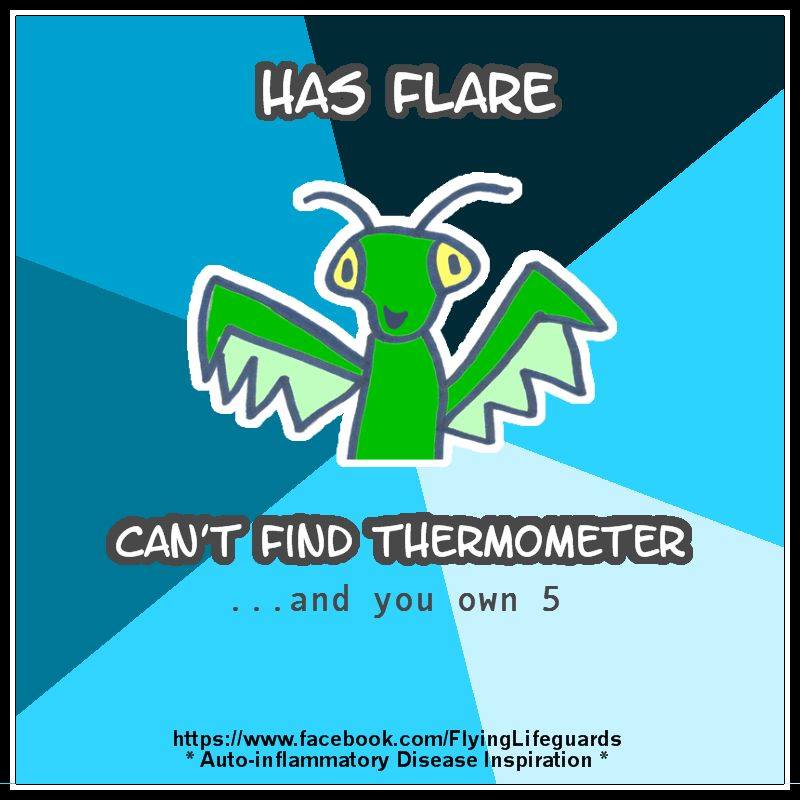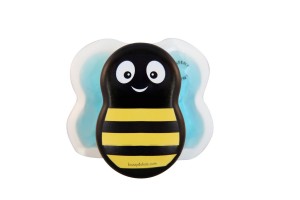There are three forms of CAPS, familial cold autoinflammatory syndrome (FCAS), Muckle-Wells syndrome (MES), and neonatal-onset multisystem inflammatory disease (NOMID). FCAS is the mild form of CAPS, MWS is moderate, and NOMID is the most severe form of CAPS.
Common symptoms for all forms of CAPS include (but are not limited to):
- Rash
- Headaches
- Recurrent fevers
- Joint pain
- Conjunctivitis
To learn more about CAPS, here is the Autoinflammatory Alliance information on CAPS and here is the autoinflammatory database.
Studies below include what complications to monitor for, updated research-based effective treatment options, recommended dosing of medications, and other important information for managing and treating CAPS in both children and adults. Only some highlights from each study are included below. For the full study and more comprehensive information, follow the links directly to the study.
In this video, expert Dr. Jasmin Kuemmerle-Deschner from the Universitätsklinik für Kinder- und Jugendmedizin Tübingen, Tübingen, Germany discusses CAPS treatment:
Diagnostic criteria for cryopyrin-associated periodic syndrome (CAPS)
“The best diagnosis model included: Raised inflammatory markers (C-reactive protein/serum amyloid A) plus ≥two of six CAPS-typical symptoms: urticaria-like rash, cold-triggered episodes, sensorineural hearing loss, musculoskeletal symptoms, chronic aseptic meningitis and skeletal abnormalities.”
Canakinumab in patients with cryopyrin-associated periodic syndrome: an update for clinicians
“Early and aggressive treatment for CAPS patients is crucial to avoid end-organ damage. Most CAPS specific symptoms are reversible if treatment is given early…Growth retardation, CNS inflammation and hearing loss have been reported to improve with anakinra in some patients.”
“CAPS disease activity is monitored by the patient’s assessment of disease activity, by a physician’s examination and assessment of judged disease activity, and by examination of inflammatory parameters at defined intervals. As CAPS disease activity may fluctuate, it is important for patients to take notes of their symptoms in a designated diary.”
“Laboratory parameters such as CRP, ESR, and SAA should be monitored.”
“If the skeletal bones are affected, lesions should be monitored on an annual basis. If the CNS is involved, MRI with fluid-attenuated inversion recovery (FLAIR) imaging is recommended and children under five should be monitored by spinal tap and analysis.”
“CAPS patients should be followed by medical centers specialized in the care of patients with auto-inflammatory diseases.”
“Some NLRP3 mutations are present in the general population without essential association to CAPS symptoms, e.g. the V198M or Q703K sequence variants However, when patients carrying these polymorphisms display clinical symptoms, their response to IL-1β inhibition is less favorable, meaning that dosage and frequency of application have to be increased.”
“…use of canakinumab is associated with a persistent satisfactory control of disease activity but needs progressive dose adjustments in more severely affected patients. The clinical phenotype, rather than age, represented the main variable by which the need for more frequent administrations of the drug at a higher dosage was determined.”
“In one study with six NOMID/CINCA patients (aged 11–34 years), patients received 150 mg (2 mg/kg) or 300 mg (4 mg/kg) every 4–8 weeks. A dose increase up to 600 mg (8 mg/kg) was allowed if needed. In 5 out of 6 patients remission was experienced according to patient’s disease activity diaries. However, CRP remained elevated in 1/6 patients and CNS leukocytosis persisted in 5/6 patients…In all patients the canakinumab dose had to be increased to the maximum of 600 mg (8 mg/kg), which however was well tolerated by adults and children alike.”
Real-life effectiveness of canakinumab in cryopyrin-associated periodic syndrome
“Overall, complete response (CR) was seen in 72% of CAPS patients, significantly less often in severe (14%) than in mild CAPS phenotypes (79%). Only 53% attained CR on standard dose canakinumab. Dose increase was more commonly required in children (56%) than in adults (22%). Centres with a treat-to-target approach had significantly higher CR rates (94 vs 50%).”
“Conclusion: Real-life effectiveness of canakinumab in CAPS was significantly lower than in controlled trials. Treat-to-target strategies may improve the outcome of children and adults living with CAPS.”
“For patients with inadequate clinical response or a disease flare, the dose could be increased by 0.5-1 mg/kg for up to a maximum of 10 mg/kg/day.”
“The actual dose range during the study was 0.9-7.6 mg/kg/day, with the highest dose maintained for 15 months followed by a decrease thereafter. The doses were not only increased for preventing disease flares e.g. rash, fever and elevated CRP but also to preserve organ function, e.g. hearing and vision.”
“Anakinra doses were adjusted based on clinical response in order to achieve systemic inflammatory remission and absence of organ inflammation. In one patient doses up to 7.6 mg/kg/day were needed to control CNS inflammation. Dose adjustments were well tolerated with adverse event reporting rates similar in patients on doses <3.5 and ≥3.5mg/kg/day.”
Recommendations for the management of autoinflammatory diseases
This includes the current recommendations for the treatment and management of cryopyrin-associated periodic syndromes (CAPS), tumour necrosis factor (TNF) receptor-associated periodic syndrome (TRAPS) and mevalonate kinase deficiency (MKD). These recommendations were developed by the European project Single Hub and Access point for paediatric Rheumatology in Europe (SHARE).
Long-term safety profile of anakinra in patients with severe cryopyrin-associated periodic syndromes
“In this study of severe CAPS, anakinra was continued during the course of infections in 272 out of a total of 273 events. In one case anakinra was temporarily stopped during an infection, after which the patient developed a severe CAPS flare and was re-started on anakinra after 8 days, without complications and with resolution of the infection. In two serious infections and two non-serious infections, the dose of anakinra was increased due to disease flares that occurred in connection with the infections. All infections during anakinra treatment were carefully monitored. Anakinra was maintained with the same dose. In patients who experienced a concomitant CAPS flare with their infection, anakinra was temporarily increased without impact on the resolution of the infection. Although the clinical threshold for starting an antibiotic was low, the organisms isolated and the treatments used did not suggest opportunistic infections and the resolution of the infections on anakinra was as expected and not associated with complications. Observations that patients with CAPS can develop disease flares in the context of triggering infections, and that abrupt drug withdrawal results in disease flares that can be severe [4], illustrate that withholding anakinra during an infection can increase the risk of severe disease flares, suggesting that in CAPS patients continued anakinra treatment should be considered during infections, with careful monitoring of the resolution of the infections.”
“Pneumococcal vaccines can trigger a severe local and systemic inflammatory reaction in patients with CAPS.”
All patients diagnosed with any form of CAPS should discuss this study with their doctors before being vaccinated a pneumococcal vaccine.
“Pneumococcal vaccines, unlike other vaccines, frequently trigger severe local and systemic inflammation in CAPS patients. Clinicians must balance potential benefits of pneumococcal immunization against safety concerns. The 13-valent pneumococcal conjugate vaccine might be favourable over the polysaccharide vaccine in CAPS patients.”







